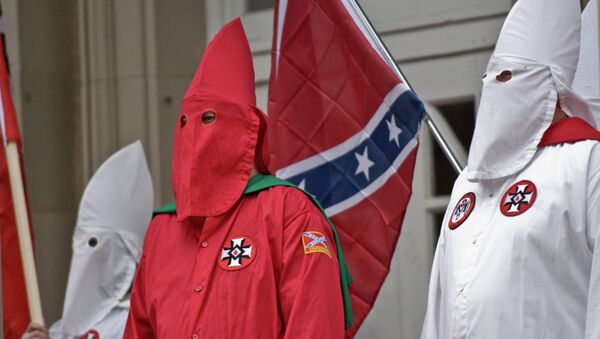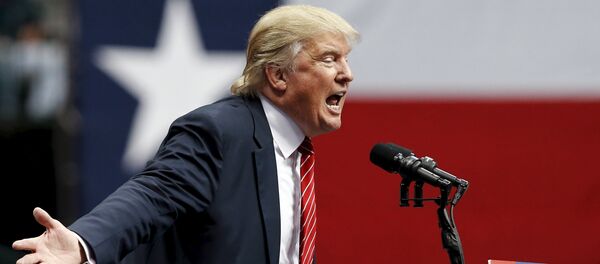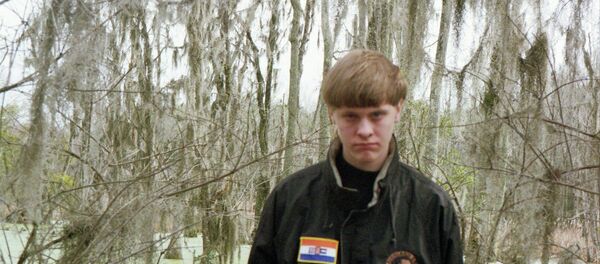The organization released their annual census in the Spring 2016 issue of their “Intelligence Report” investigative journal. According to findings, the number of hate groups across the country grew by 14% in 2015, and armed militias and other groups motivated by conspiracy theories grew by the same percentage.
The SPLC claim that active hate groups have increased, from 784 named groups in 2014 to 892 in 2015, while antigovernment “patriot” groups grew from 874 in 2014 to 998 in 2015. Ku Klux Klan chapters grew from 72 in 2014 to 190 in 2015, possibly energized by pro-confederate-flag rallies in response to the removal of the Civil War symbol from federal buildings.
It was a year that saw extremist violence, as well as a rise in hateful rhetoric from right-wing politicians, including presidential hopefuls, many of whom continuously peddle hate and fear.
“While the number of extremist groups grew in 2015 after several years of declines, the real story was the deadly violence committed by extremists in city after city,” said Mark Potok, senior fellow at the SPLC and editor of the Intelligence Report. “Whether it was Charleston, San Bernardino or Colorado Springs, 2015 was clearly a year of deadly action for extremists.”
The organization noted the killings of nine black parishioners by a white supremacist at a church in Charleston, South Carolina, in June, as well as an anti-abortion extremist who killed three people at a Planned Parenthood clinic in Colorado. The report also noted the purported Islamist extremists who killed 14 during a shooting spree in San Bernardino.
“The armed violence was accompanied by rabid and often racist denunciations of Muslims, LGBT activists and others — incendiary rhetoric led by a number of mainstream political figures and amplified by a lowing herd of their enablers in the right-wing media. Reacting to demographic changes in the US, immigration, the legalization of same-sex marriage, the rise of the Black Lives Matter movement, and Islamist atrocities, these people fostered a sense of polarization and anger in this country that may be unmatched since the political upheavals of 1968,” the report stated.
SPLC’s report also directly asserted that blame for the rise of hate lies, in part, from the strident rhetorical proclamations of political figures such as Donald Trump.
“After seeing the bloodshed that defined 2015, our politicians should have worked to defuse this anger and bring us together as a nation,” Potok wrote in the report. “Unfortunately, the carnage did little to dissuade some political figures from spouting incendiary rhetoric about minorities. In fact, they frequently exploited the anger and polarization across the country for political gain.”




